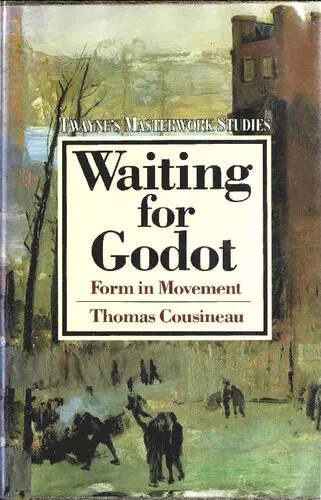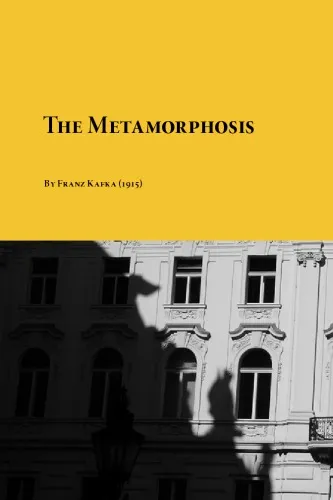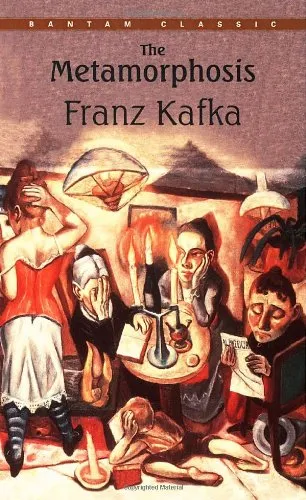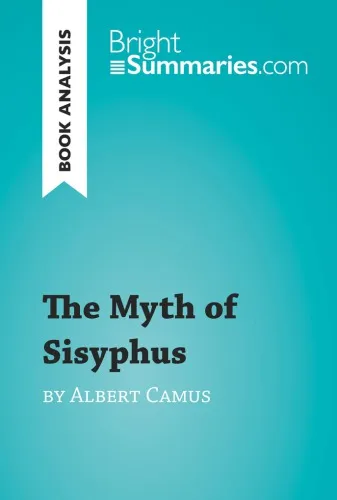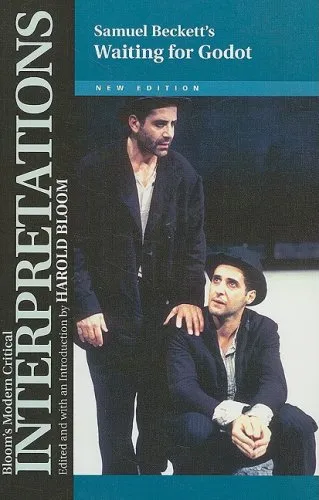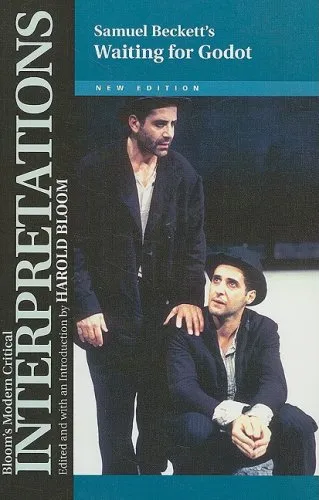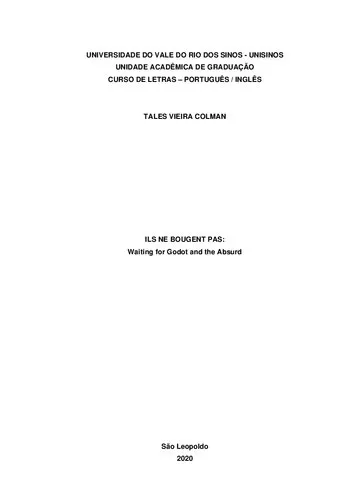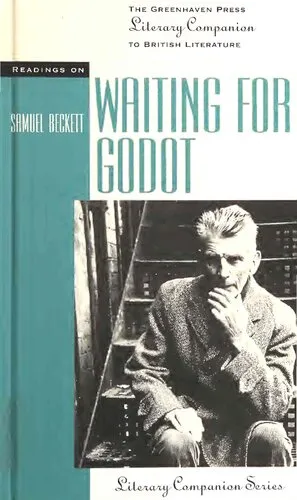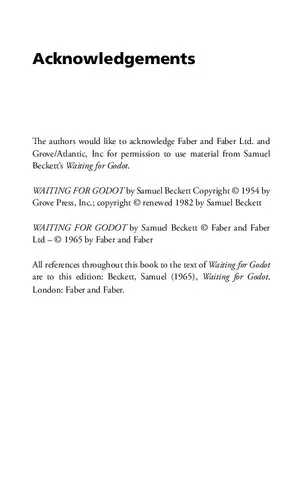Waiting for Godot: Form in Movement
4.0
Reviews from our users

You Can Ask your questions from this book's AI after Login
Each download or ask from book AI costs 2 points. To earn more free points, please visit the Points Guide Page and complete some valuable actions.Related Refrences:
Introduction to 'Waiting for Godot: Form in Movement'
"Waiting for Godot: Form in Movement" by Thomas Cousineau explores the intricate dynamics and enduring impact of Samuel Beckett’s seminal play “Waiting for Godot.” This analysis delves into the structure, themes, and existential queries raised in one of the most significant theatrical works of the 20th century, providing readers with a thorough understanding of its artistic and philosophical dimensions. Through an examination of Beckett's innovative approach, Cousineau brings to light the play's timeless relevance and offers readers a compelling journey through its form and meaning.
Detailed Summary of the Book
"Waiting for Godot: Form in Movement" serves as an analytical exposition that dissects the layered complexities of Samuel Beckett's play. Cousineau begins by discussing the minimalist aesthetics and cyclical structure of the play, which challenge conventional narrative forms. The book illustrates how Beckett's use of repetitive dialogue and sparse stage direction underscores the overarching themes of existential uncertainty and the human condition.
Through a deep dive into character analysis, Cousineau examines the symbiotic relationship between Estragon and Vladimir, whose endless waiting for the enigmatic Godot becomes a metaphor for the human quest for meaning. The book also explores the philosophical undercurrents that permeate the dialogue, drawing connections with existentialist thinkers such as Sartre and Camus. By contextualizing Beckett’s work within the wider literary and philosophical tradition, Cousineau equips readers to appreciate the play’s nuanced commentary on reality, time, and human despair.
Key Takeaways
- Exploration of Beckett's minimalist and cyclical narrative style.
- In-depth character analysis highlighting existential themes.
- Insight into the philosophical implications of waiting and absurdity.
- Understanding the impact of Beckett’s experimentation with form and dialogue.
Famous Quotes from the Book
"In Beckett's world, the act of waiting serves not merely as a plot device but as a representation of the human predicament."
"Estragon and Vladimir’s dialogues are less about the exchange of information and more about creating a rhythm that reflects their existential entrapment."
"The apparent simplicity of Beckett’s language masks a profound exploration of the inescapable void that characterizes the human experience."
Why This Book Matters
"Waiting for Godot: Form in Movement" is crucial for students, scholars, and enthusiasts of literature and theatre who seek to gain a deeper understanding of Samuel Beckett's work. Cousineau's analysis not only demystifies the cryptic elements of the play but also sheds light on its profound philosophical questions, making timeless connections to existential thought. The book elucidates how "Waiting for Godot" remains relevant in contemporary discourse, inviting readers to consider their own engagement with meaning and existence.
The critical insights provided by Cousineau transform this analysis into a platform for reflection on life’s absurdities and the enduring search for purpose. By unraveling the intricacies of Beckett's play, Cousineau also contributes to the ongoing conversation about the role of theatre and literature in navigating the complexities of human life. The work stands as a testament to Beckett's innovative genius, affirming the lasting influence of "Waiting for Godot" on the literary and theatrical landscape.
Free Direct Download
You Can Download this book after Login
Accessing books through legal platforms and public libraries not only supports the rights of authors and publishers but also contributes to the sustainability of reading culture. Before downloading, please take a moment to consider these options.
Find this book on other platforms:
WorldCat helps you find books in libraries worldwide.
See ratings, reviews, and discussions on Goodreads.
Find and buy rare or used books on AbeBooks.
1543
بازدید4.0
امتیاز0
نظر98%
رضایتReviews:
4.0
Based on 0 users review
Questions & Answers
Ask questions about this book or help others by answering
No questions yet. Be the first to ask!
